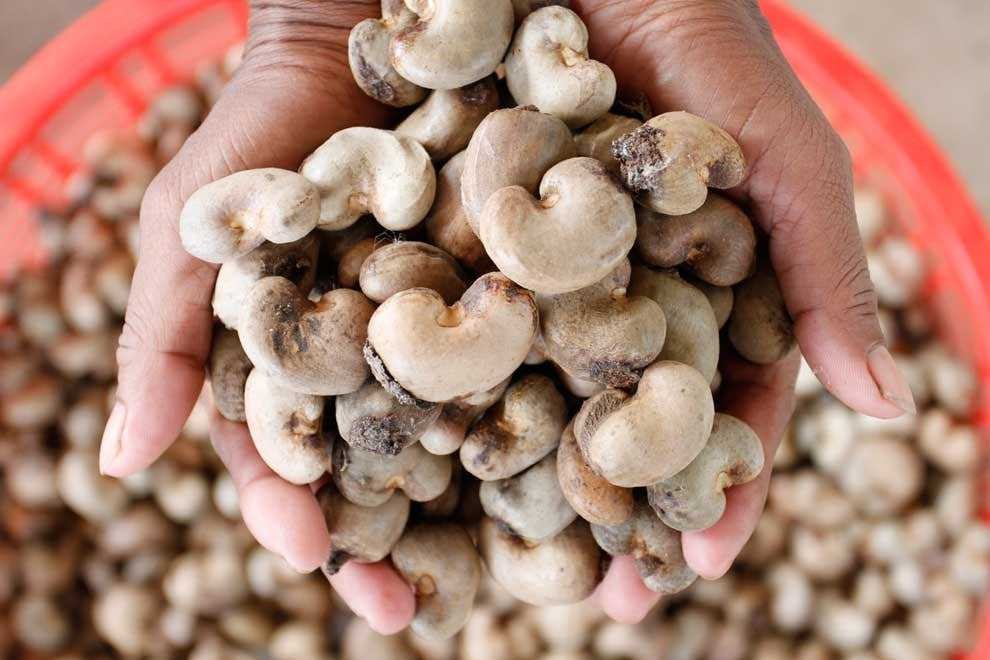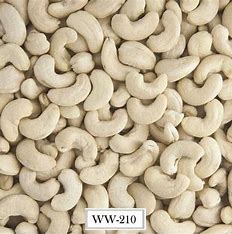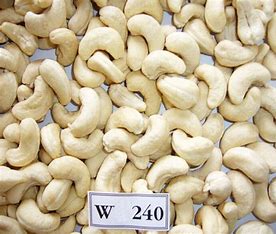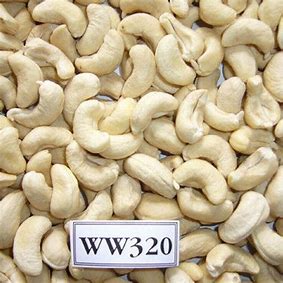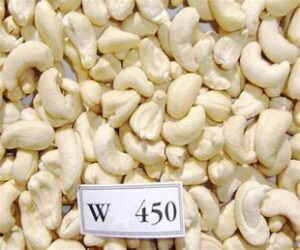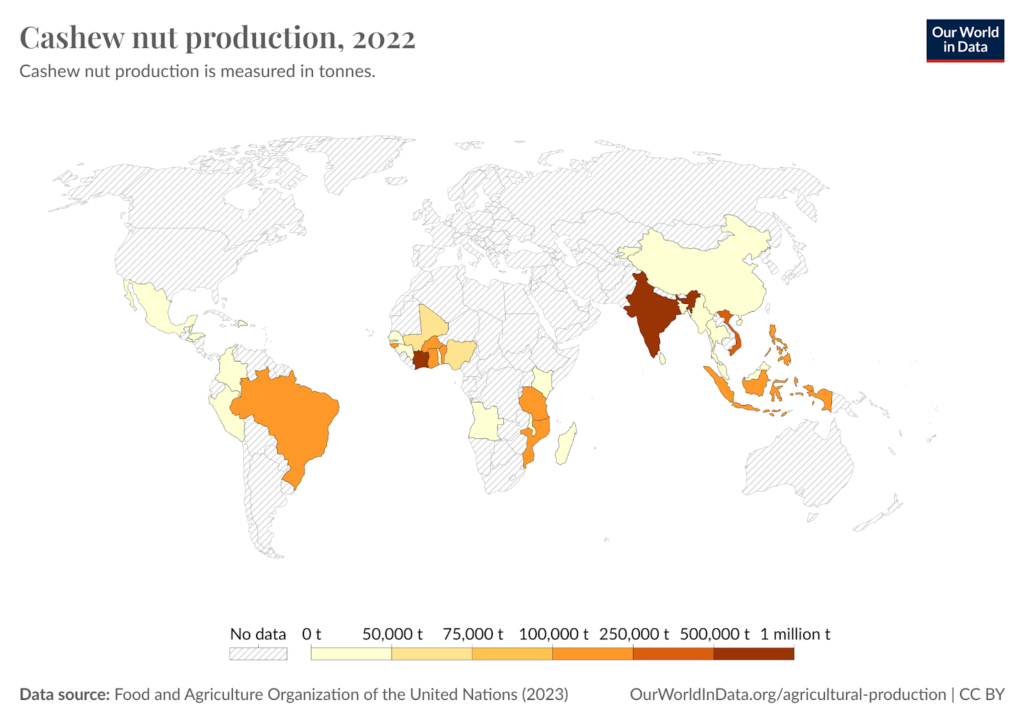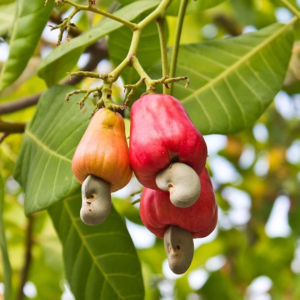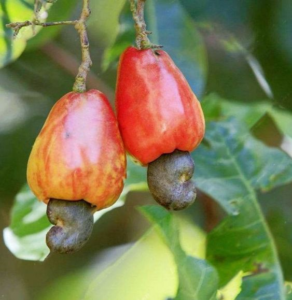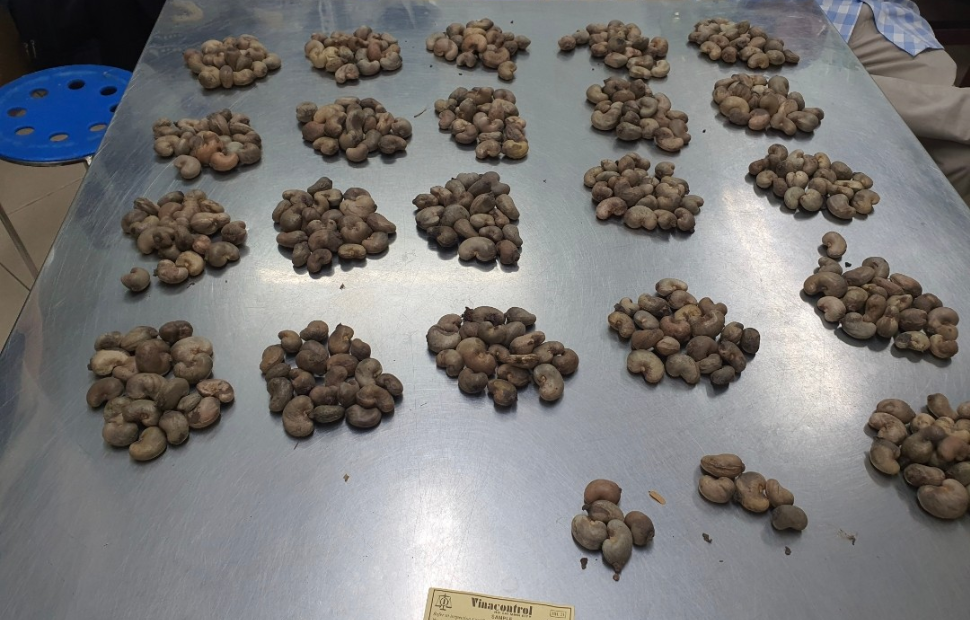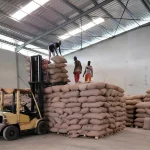When it comes to raw cashew nuts, quality is paramount. Various factors determine the quality of raw cashew nuts, from their grades to the country of production and the measures taken to ensure their quality. Let’s explore the different aspects related to the quality of raw cashew nuts.
Different Grades of Raw Cashew Nuts
Raw cashew nuts are graded based on their size and quality. The most common grades include WW320, WW240, and others. These grades are determined by the number of nuts per pound. Here are the details for each grade:
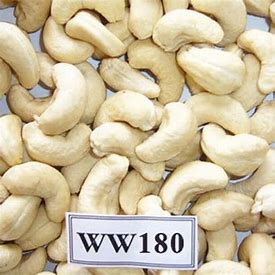
This grade is known as the “King of Cashew” and is larger in size and very expensive. It has between 266 – 395 nuts per 454gms or 140 – 180 nuts per pound.These large cashews are often used to make salted cashew nuts, honey cashews, and other premium products.
WW210 Cashew
Referred to as “Jumbo” nuts, this grade is popularly known for its size and quality. It has between 395 – 465 nuts per 454gms or 180 – 210 nuts per pound. Similar to WW180, these large cashews are also utilized in premium products like salted cashew nuts and honey cashews.
WW240 Cashew
This grade is recognized as “Premium Large Nuts” and is known for its attractive quality. It contains between 485 – 530 nuts per 454gms or 220-240 nuts per pound. WW240 cashews are large in size and are used in various high-quality cashew products.
WW320 Cashew
These cashew kernels are the most popular and easiest to find worldwide. They have between 660 – 706 nuts per 454gms or 300 – 320 nuts per pound. WW320 cashews are widely available and are used in numerous cashew-based products.
WW450 Cashew
This grade is the most popular among low-cost whole grades due to its small size and affordability. It contains between 880 – 990 nuts per 454gms or 400 – 450 nuts per pound. WW450 cashews are smaller in size and are favored for their affordability.
These grades are essential in determining the quality and characteristics of whole white cashew nuts, and they play a significant role in the cashew industry
Countries Producing Raw Cashew Nuts
Many countries across the globe are recognized for their production of raw cashew nuts. Some of the primary producers comprise:
Ivory Coast: Ivory Coast ranked the highest in cashew nut production in 2022, with 970,000 tonnes. It is the largest cashew producing country in Africa and the second-largest cashew producer in the world.
India: India is another major producer, with a 2022 production of 752,000 tonnes.
Vietnam: Vietnam is a significant producer, with a production of 341,680 tonnes in 2022.
Philippines: The Philippines produces a substantial quantity, with a 2022 production of 217,583 tonnes.
Tanzania: Tanzania is a notable producer, with a 2022 production of 216,906 tonnes1.
Other Producers: Other significant producers of raw cashew nuts include Benin, Indonesia, Brazil, Burkina Faso, Mozambique, Nigeria, and other countries.
Based on the data, it is evident that Ivory Coast, India, and Vietnam are the top three countries in terms of cashew nut production. This also serves as evidence of the high quality of cashew nuts produced in these countries.
Peak Season for Best Quality Cashew
The prime time to acquire the highest quality raw cashew nuts varies depending on the specific country of origin. This means that different countries have different optimal periods for obtaining the best cashew nut.
Vietnam: The peak availability of cashew nuts is in March-April. The harvest season in Vietnam usually begins around the end of January or February, ending in May or June, with the most significant harvest in March3.
Ivory Coast, Nigeria, and Ghana: The peak cashew nut harvest period is between March to July.
India: The cashew harvest season typically spans from January to June, with variations by region. The western coastal states of Goa, Maharashtra, and Kerala begin harvesting from January, while the season starts later around March-April in eastern states like Odisha and Andhra Pradesh.
Therefore, depending on the specific country of origin, the peak season for obtaining the best quality cashew may range from March to July.
Ensuring Raw Cashew Nut Quality
Maintaining the quality of raw cashew nuts is crucial to preserve their flavor and nutritional value. Several measures can be taken to ensure their quality:
Storage
Dry Storage: Store raw cashew nuts in a cool, dry place to prevent mold growth and preserve their quality.
Ventilation: Ensure proper ventilation in the storage area to prevent moisture buildup, which can lead to spoilage.
Protection from Pests: Implement measures to protect the stored nuts from pests and insects, such as using appropriate insecticides or fumigation methods.
Packaging
Dry Bags: Use moisture-proof and breathable bags to store the cashew nuts. This helps in preventing moisture buildup while allowing some airflow to maintain the nuts’ quality.
Airtight Containers: In cases of long-term storage, airtight containers can be used to prevent exposure to air and humidity.
Warehouse
Temperature Control: Maintain optimal temperature and humidity levels in the warehouse to prevent the nuts from spoiling.
Hygiene: Keep the warehouse clean and free from contaminants that could affect the quality of the cashew nuts.
Shipping Style
Container Selection: Use appropriate shipping containers that provide ventilation and protection from moisture during transportation.
Handling: Ensure careful handling during loading and unloading to prevent physical damage to the nuts.
Quality Control
Implement regular quality checks during storage, ensuring that any compromised nuts are separated to prevent the spread of spoilage.
By adhering to these storage, packaging, warehouse, and shipping practices, the quality of raw cashew nuts can be effectively maintained throughout the supply chain.
Measuring Cashew Quality
The quality of raw cashew nuts is usually assessed using different methods, such as:
Sample Count: Counting the number of nuts per pound is a common method to determine the grade and quality of raw cashew nuts.
Laboratory Testing: Some producers conduct laboratory tests to assess the moisture content, aflatoxin levels, and overall quality of the nuts.
To sum up, the quality of raw cashew nuts may differ depending on their grades and origin. Notably, India, Vietnam, and Ivory Coast are renowned for producing high-quality raw cashew nuts. By familiarizing themselves with the grading system, production regions, peak seasons, and quality maintenance practices, consumers and businesses can make well-informed choices when looking for the best raw cashew nuts.

